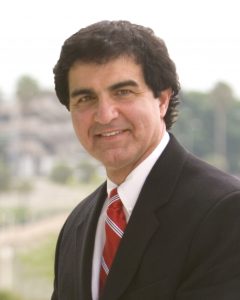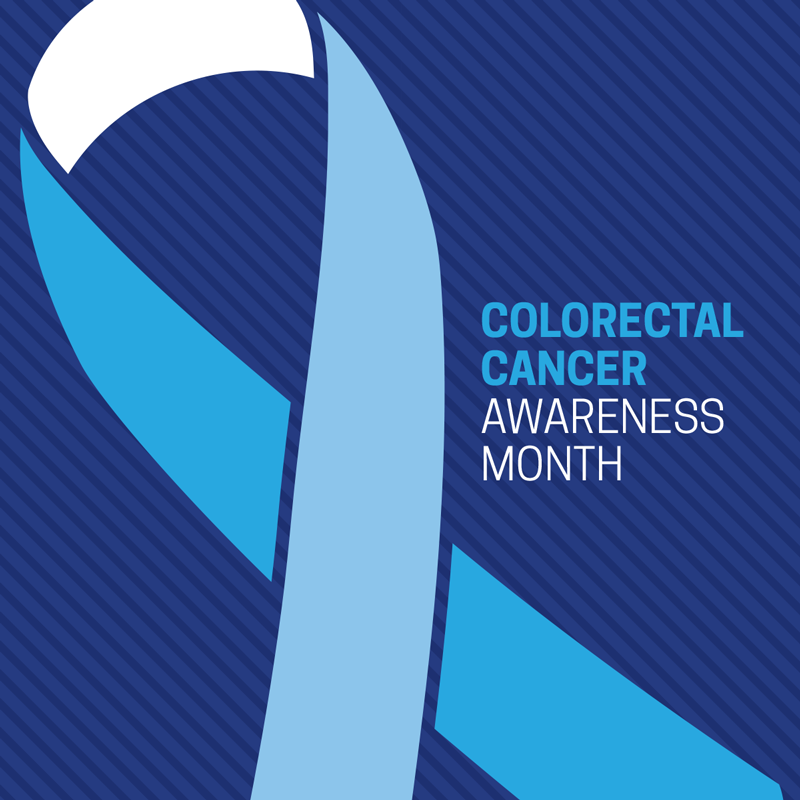Most people would do anything they could to prevent cancer. So why do we put off getting a colonoscopy?

Dr. Louis S. Saco
“Colon cancer is the only cancer you can actually prevent by getting a screening test,” says Dr. Louis S. Saco, a board-certified gastroenterologist and CEO/chairman of the board at Watson Clinic. “A colonoscopy is really a procedure in which we look for polyps. If you get the polyp, you get the cure.”
March is National Colorectal Cancer Awareness Month, and so Dr. Saco took the time to explain how important colonoscopies are and why people should not dread them. Dr. Saco also serves as medical director at Lakeland Surgical & Diagnostic Center, where colonoscopies are performed nearly every day.
“Everyone in the U.S. is at risk for colon cancer (because of diet, environmental factors and personal lifestyles),” he says. “One out of 18 American men and women will get colon cancer in their lifetimes.”
Dr. Saco stressed the importance of maintaining a well-rounded diet and healthy weight, but he also says a colonoscopy at age 50, or earlier if a family member had colon cancer, is the key to preventing colon cancer.
The risk for colon cancer increases greatly after 50. Although there are other tests for colon cancer, the colonoscopy is most accurate and by removing polyps – or precancerous cells – a doctor actually can remove your risk for colon cancer. “Colonoscopies are the most accurate test for detecting polyps and the only test to remove them,” Dr. Saco says.
If a parent or other “primary relative” had colon cancer, doctors recommend you have your first colonoscopy 10 years earlier than that person had cancer.
For most of us, however, a colonoscopy at age 50 is sufficient. If the doctor doesn’t find a polyp at that screening, you will not have to have another procedure for 10 years. If the doctor finds a polyp, you will be advised to return in three to five years, depending on the type of polyp.
When scheduling colonoscopies, Dr. Saco strongly advises people to look for an experienced, board-certified gastroenterologist because that physician is the most qualified to safely and accurately perform this procedure. They also will track outcomes and send reminders when it is time to return for another procedure. The follow-up is vital.
Dr. Saco has no illusions about why people put off getting a colonoscopy: “It’s the prep,” he says. “Every day, I hear people say, ‘There is no way I can drink that stuff!’” But Dr. Saco says there is good news: The bowel prep used today is easier than what was used in the past. Instead of drinking a whole gallon of solution, patients only need to drink a half-gallon. In some cases, the physician can split the amount of prep and have the patient take one-half the prep the day before and the other half the morning of the procedure.
He promises it will not be as bad as you imagine it will be, and that doctors will work with you to make the solution taste better (he suggests patients mix it with Gatorade or Crystal Light) and to allow you to drink it at a pace that is comfortable for you.
The bottom line, he says, is that it is important you get it done. “I remind my patients the reasons they’re doing this: for their health, for their loved ones, for the people who rely on them. The prep we can make easier. The procedure, you will sleep through. And the risks of the procedure are very low. It is the most accurate test you can get regarding colon cancer detection. There is really no good excuse for putting it off.”

